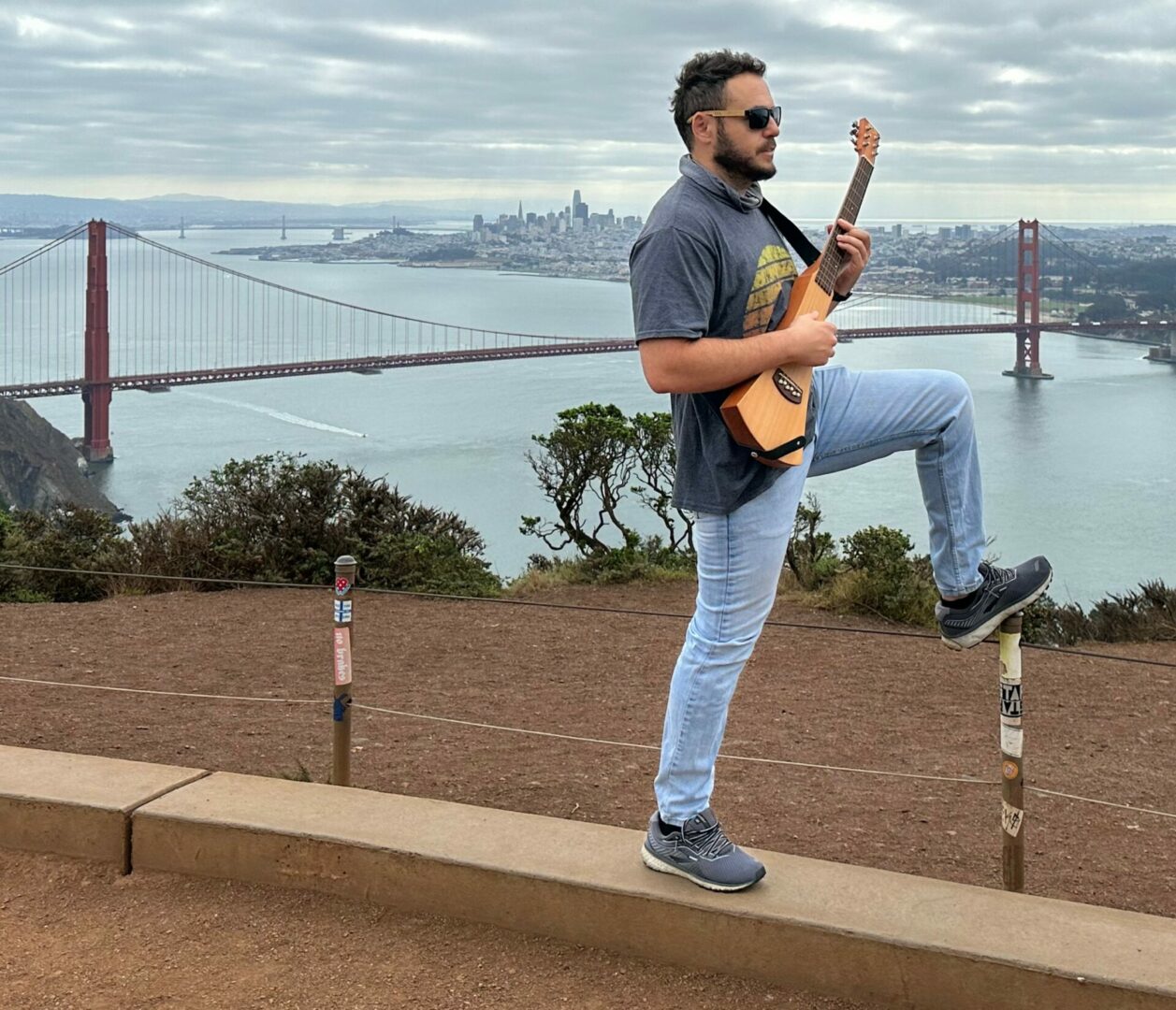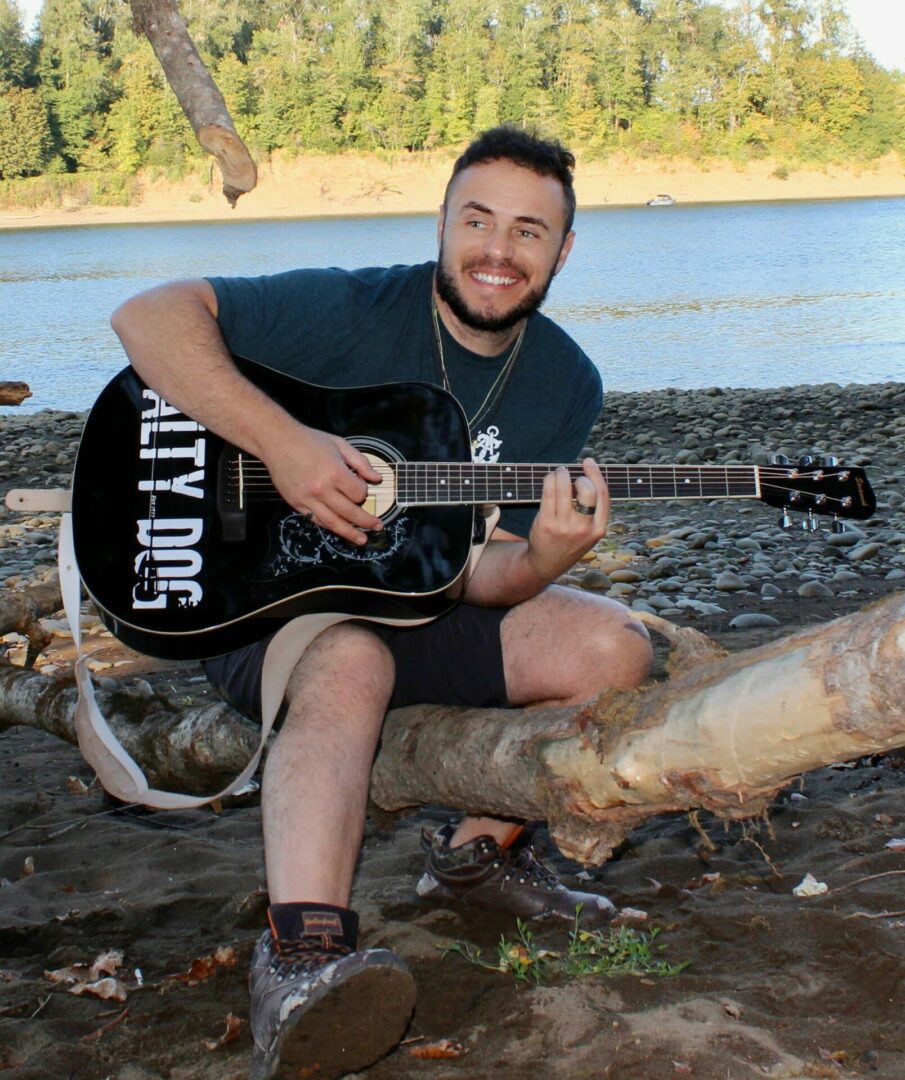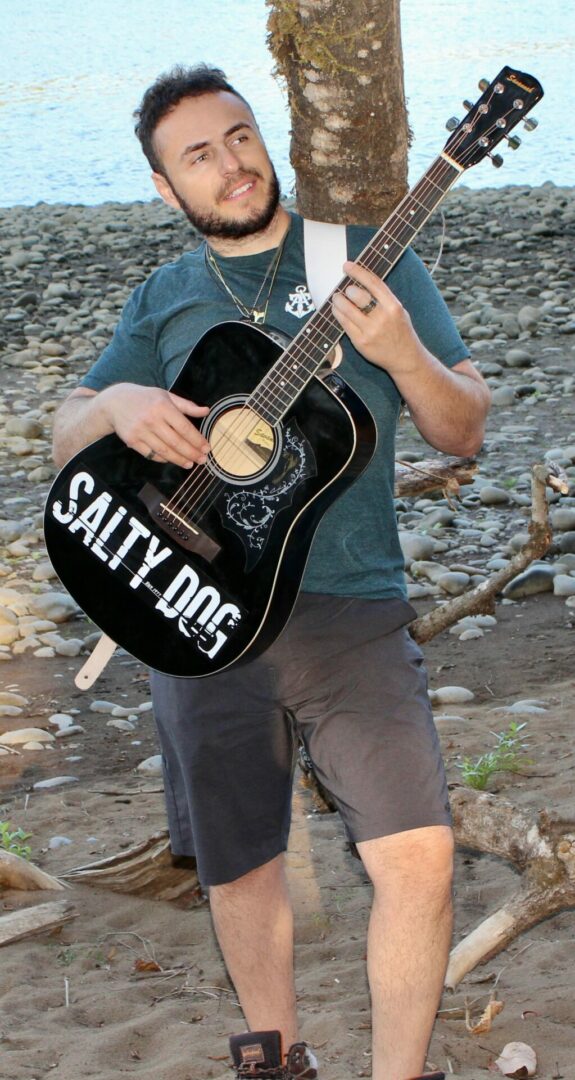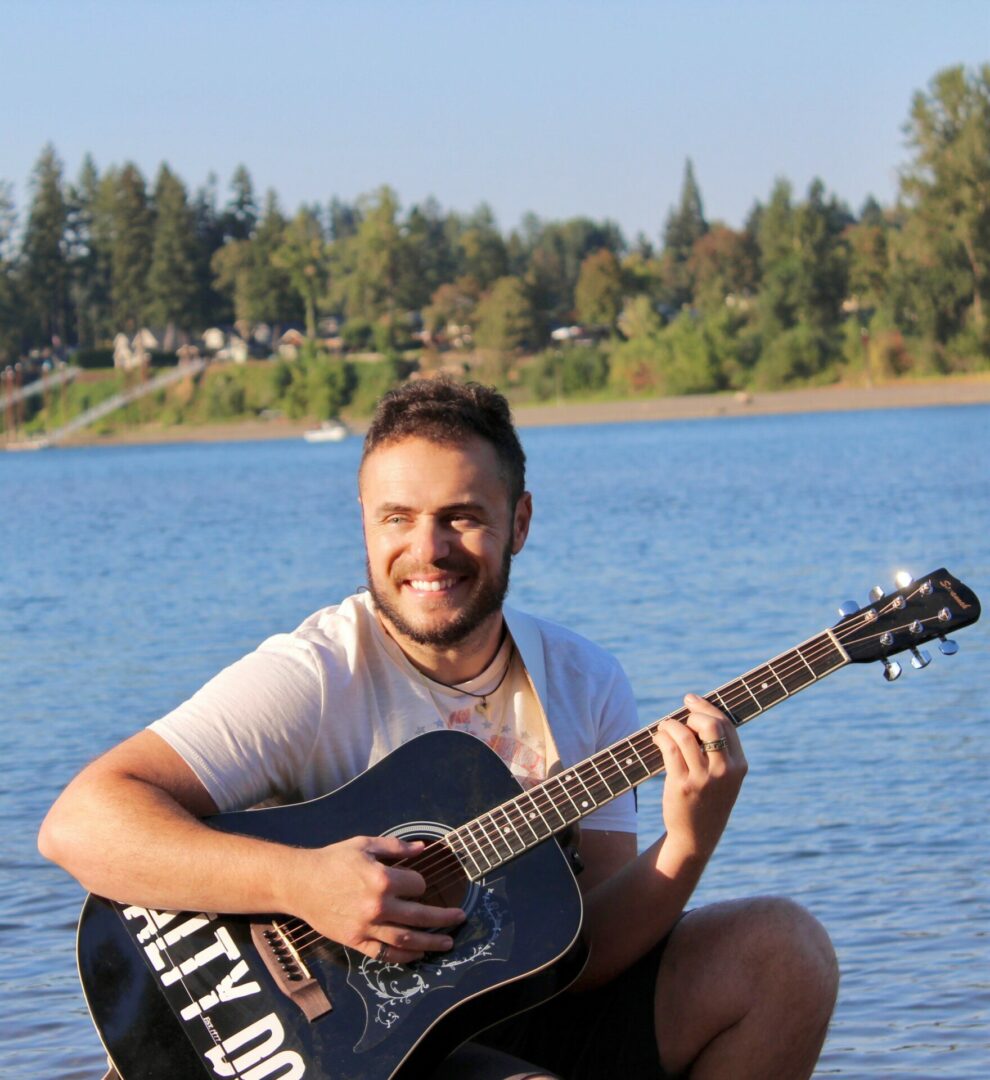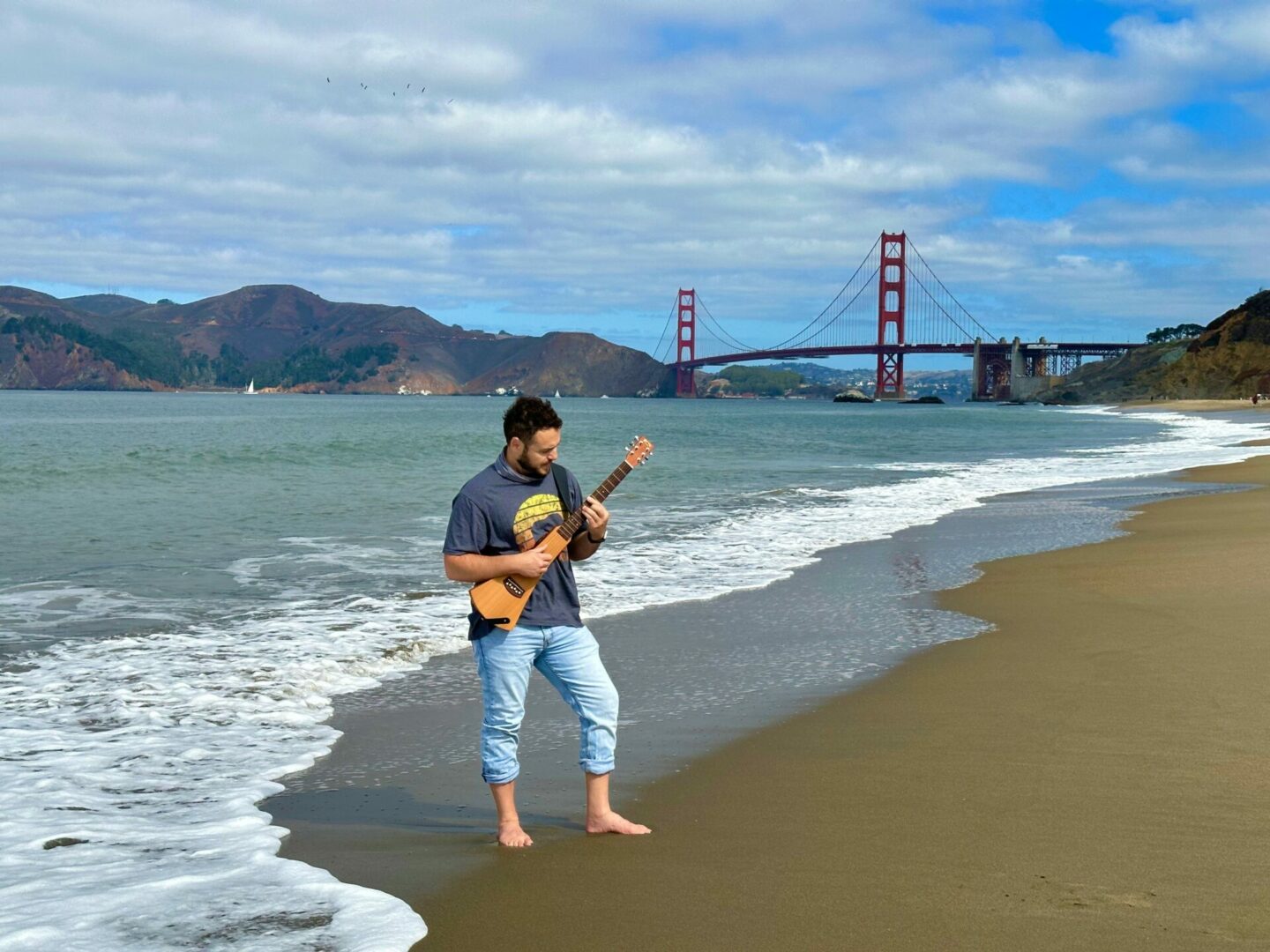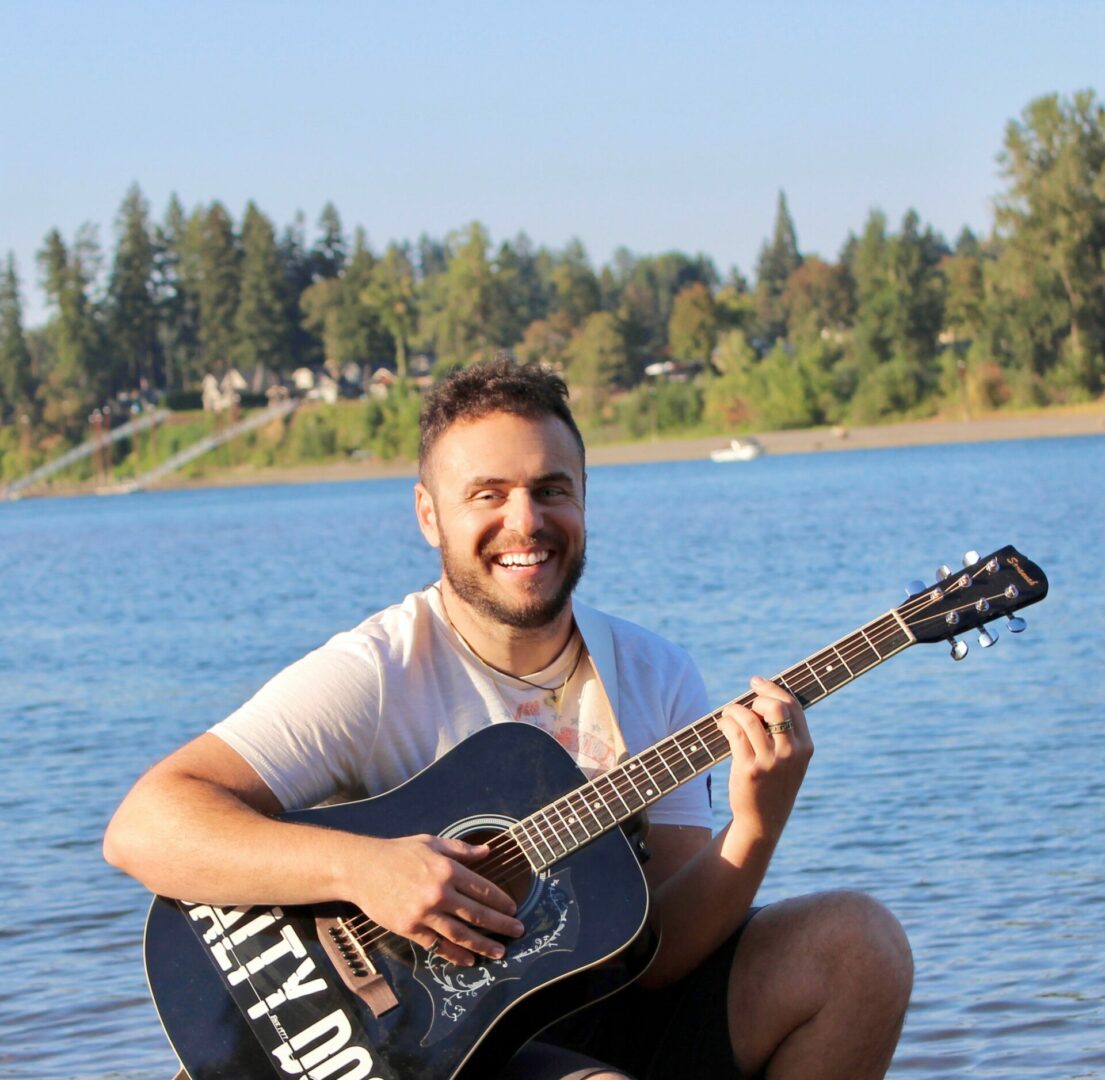We caught up with the brilliant and insightful Clint Warren a few weeks ago and have shared our conversation below.
Hi Clint, so excited to have you with us today, particularly to get your insight on a topic that comes up constantly in the community – overcoming creativity blocks. Any thoughts you can share with us?
I do have some insight into creativity blocks actually. A lot of people say my lyrics and music are “really odd, but in a good way.” Fans always come up to me after a show and ask me whether I just sang about a Land Piranha, a Lizard, and Roger Rabbit. My answer is that they heard correctly. I grew up as a child actor in South Africa mostly on improvisational shows and it was pretty common to film, “in front of a live studio audience.” So, the most important thing was to keep talking and avoid “dead air.” If you want to give your co-stars enough material to work with, the key is to just simply say everything you’re thinking out loud. If you’re nervous, say it. I was told the key is to make your dialog like a conversation in a very honest and candid way. So, I’ve been using that mentality in my song writing. I write my lyrics like I’m having a conversation with my audience. My two dogs help me to bounce my ideas off of. I might start out with an idea for a song and humming a melody, write the lyrics around that, and then change the song to match those lyrics. And then, Voila! You have a song about a Gecko who lives in a terrarium in someone’s home. I think that’s one of the reasons a lot of critics compare me to Bob Marley. He wrote songs about nonsense like Three Little Birds, but they felt right. If you haven’t seen the music video for that you should. The songs all had that melodic flow. My music videos and story lines are very reminiscent of that, I’m told.
Appreciate the insights and wisdom. Before we dig deeper and ask you about the skills that matter and more, maybe you can tell our readers about yourself?
I decided to become a singer/songwriter after performing music since I was a kid. I started out as one of those child stars kind of like Sarah Lynn in the animated adult sitcom “BoJack Horseman.” Born and raised in South Africa, I starred in a few TV shows growing up. One of them was focused on music and performing called, “Zap Mag.” That’s where my fellow Saffer musicians Dave Matthews, Shaun Welgemoed, Watkin Tudor Jones Jr., and Yolandi Visser also got their start. I also grew up listening to Tiken Jah Fakoly, Lucky Dube, Ras Dumisani, and Colbert Mukwevho in South Africa, so those guys have an influence on my music too. In high school, I moved to Florida and got into ska-punk bands like Sublime and Ballyhoo. After serving in the Marines, I moved back to Florida and got into the island and Caribbean-vibe kind of styles. Now, living in the Pacific Northwest, I try to write music that’s not so mainstream that it blends into the rest of the boring monotonous music out there that just copies everyone else. I am different and so is the music I write.
If you had to pick three qualities that are most important to develop, which three would you say matter most?
In the field of music I’ve figured out that there’s more to music than technicality and practice since it is music, after-all. It really took me trying and failing for more than 20 years to realize that principle. You can put in your 10,000 hours into singing or playing the guitar and still suck. It takes more than that. So, the three qualities that I think are the most important to develop are: 1) Technical Ability, 2) An ear for music or the ability to discern the good from the bad, and 3) The ability to hum a tune. I’ve found that the reason I never made it before now was that I was missing one of those things.
Like most musicians out there in their 30s I’ve been in a ton of bands that did pretty well, but ultimately didn’t make it. Whether I was the singer, guitarist, or bassist, it didn’t matter what role I had. Whoever was writing the songs needed to have those three qualities in order to write a hit song. So besides practicing, you also have to listen to a lot of different music and styles to see how the different genres are structured.
One instrument I found was really common across genres is the Donkey Jaw. Some musicians use metal and wood that emulates that same sound, while others use actual Donkey lower jawbone. The sound is that vibration that sounds like one of those plastic party noisemakers spinning around. You’ve got to train your ear enough to recognize that sound. I’m a Reggae musician and it took me over ten years to realize that you can’t have a hit Reggae song without either a Donkey Jaw or a Wooden Fish, but you’ll never read that online. Successful musicians keep all these secrets to themselves. Those instruments also happen to be the traditional African instruments that I grew up with where Reggae originated before Jamaica. The only difference is that we used Zebra jawbones (but don’t worry, they were found dead and not killed for their musical skeletons).
Finally you need to be able to hum a tune. Then hum that tune consultancy in your head and keep asking yourself how it could be improved. What could you add to it or take away? Once you have the answer to that, ask yourself what feeling the melody elicits? Is it happy or sad? That’s going to be the start for your lyrics. The key to a depressing song is to have comical lyrics. Listen to any famous Rapper’s lyrics. The most successful Hiphop songs are comedies. The opposite is also true. You can write a super upbeat song and write depressing lyrics to it and have it become a hit. People like the irony in songs, but you’ve got to be able to listen for what’s missing in the song and hum it out.
What’s been one of your main areas of growth this year?
My biggest area of growth and improvement in the past 12 months has been my singing. I’ve been a musician my whole life starting at the age of 7 in South Africa. I started out playing on my brother’s Casio keyboard when he wasn’t around. By high school I was in an AP-music class. I then got a Bachelor of Fine Arts with a focus on Music and Theater. But all the while I didn’t have the confidence to really sing, so I relied on others to do that for me. Over the next ten years I was in bands where I would write the lyrics, hum the melodies, and then watch my singers’ sing my songs. This past year I really homed in on my own voice and stopped trying to emulate other artists. I just let go and sang how I’ve been singing in my own head. My songs didn’t change, so I attribute all my success this year to finally finding my own voice to be able to sing them how they were meant to be sung.
Contact Info:
- Website: https://clintwarrenmusic.com
- Instagram: https://www.instagram.com/theclintwarren
- Facebook: https://www.facebook.com/clintwarrenmusic
- Twitter: https://twitter.com/theclintwarren
- Youtube: Youtube.com/ClintWarren
- SoundCloud: https://soundcloud.com/clintwarren
- Other: TikTok: https://www.tiktok.com/@theclintwarren
